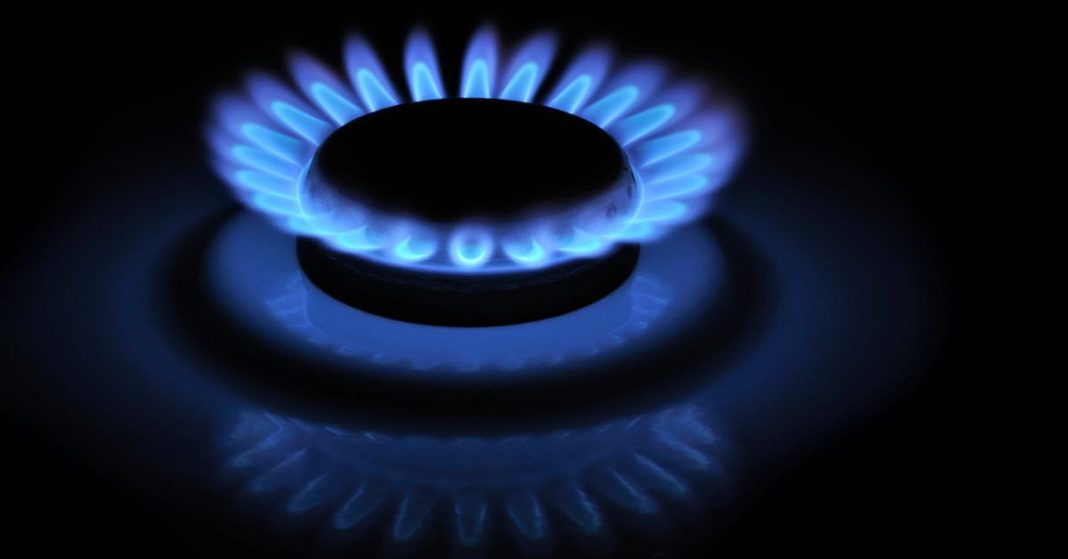The global natural gas market is facing a critical imbalance, driven by surging winter demand and constrained supply chains. This dynamic has triggered significant price hikes in recent weeks. In the U.S., natural gas spot prices at the Henry Hub rose to $2.34/MMBtu from $2.10/MMBtu—a 24-cent jump in just one week. The international landscape reflects similar trends, with East Asia’s LNG prices averaging $14.17/MMBtu, a signal of strong, sustained demand.
Natural gas consumption has soared across key regions. In the U.S., colder temperatures in the Northeast and California have pushed residential and commercial demand higher, while Europe continues to grapple with energy security concerns amid geopolitical tensions. The tight supply scenario underscores the strategic importance of LNG exporters like Cheniere Energy, Inc. (LNG), which are uniquely positioned to bridge the widening gap between global demand and supply.
Supply Chain Issues: The Crux of the Shortage
Global natural gas shortages stem from an intricate web of challenges. Europe’s reliance on LNG imports has deepened as pipeline deliveries from Russia remain restricted. U.S. LNG has become a critical supplier for European markets, particularly during the winter season when energy needs peak.
Domestically, production levels are growing, but not without obstacles. Dry gas production in the U.S. has seen a 1.3% weekly increase to 102.4 Bcf/day, yet operational hurdles persist. Recent maintenance activities on the Permian Highway Pipeline, combined with reduced Canadian gas exports to the U.S., have limited flow capacity. Furthermore, natural disasters, such as atmospheric rivers in the Pacific Northwest, have disrupted operations and added pressure on the supply chain.
Storage levels also present a mixed picture. Although U.S. gas storage is above its five-year average, withdrawals are beginning to accelerate with the onset of colder weather, adding another layer of complexity to an already fragile supply-demand equation.
Cheniere Energy’s Market Position: A Dominant LNG Exporter
Cheniere Energy, as the largest LNG exporter in the U.S., plays a pivotal role in addressing global energy needs. Its Sabine Pass and Corpus Christi terminals collectively operate with a production capacity of 45 MTPA, and ongoing expansions will boost this figure further. In Q3 2024, the company exported 568 TBtu of LNG through 158 cargoes, representing an increase in volumes compared to the previous year.
The company’s strategy revolves around securing long-term contracts that offer consistent revenue streams. These agreements ensure stability even during volatile pricing environments. The anticipated completion of its Corpus Christi Stage 3 expansion is set to add over 10 MTPA of capacity, reinforcing Cheniere’s position as a leader in the LNG sector.
Cheniere is not just expanding its capacity but also enhancing its reputation for environmental responsibility. The company has set an ambitious methane emissions target for its facilities, aligning with global efforts to decarbonize the energy industry.
Investment Potential: Capturing Value in a High-Price Environment
The financial performance of Cheniere underscores its resilience in a volatile energy market. For Q3 2024, the company reported revenues of $3.8 billion and a net income of $893 million. This robust performance is further supported by an adjusted EBITDA of $1.5 billion for the quarter. For the full year, Cheniere has raised its adjusted EBITDA guidance to $6.0-$6.3 billion, reflecting strong market dynamics and operational excellence.
Cheniere’s strategic focus on long-term contracts has positioned it well to capitalize on high LNG prices. Its portfolio of contracted volumes insulates it from short-term price fluctuations while enabling participation in the lucrative spot market when opportunities arise. The company’s ongoing expansion projects will likely enhance its ability to meet surging demand in Europe and Asia, both of which are prioritizing LNG to diversify their energy sources.
Global LNG demand is expected to remain robust, with analysts projecting tight market conditions into 2025. The company’s ability to execute efficiently on its expansion projects and maintain operational reliability positions it as a key beneficiary of this favorable macro environment.
Risks: Challenges on the Horizon
Despite its strong market position, Cheniere faces a range of risks. Regulatory pressures to reduce greenhouse gas emissions are increasing globally, and compliance could add to operational costs. For instance, the company’s commitment to lowering methane intensity at its facilities reflects both a proactive environmental strategy and the growing scrutiny from regulators and investors alike.
Infrastructure remains another area of concern. Limited shipping capacity and potential delays in expansion projects could hinder Cheniere’s ability to fully capitalize on market opportunities. Additionally, natural gas prices, while currently elevated, remain susceptible to seasonal and geopolitical fluctuations. A milder-than-expected winter or a surge in global production could pressure margins.
Lastly, the company’s financial performance, while impressive, is partly contingent on maintaining favorable international LNG prices. Any sharp declines in these prices could adversely affect profitability, particularly for uncontracted volumes.
Investor Takeaway: A Strategic Bet in the LNG Market
For investors looking to capitalize on the global natural gas shortage, Cheniere Energy presents a compelling opportunity. Its expansive LNG infrastructure, secure contractual base, and strategic growth initiatives align with long-term demand trends. Moreover, its strong financial performance and commitment to environmental sustainability add to its appeal as a forward-looking energy company.
While the stock carries risks, including regulatory hurdles and market volatility, its prospects for growth in a high-price environment make it an attractive option for energy-focused portfolios. Investors bullish on the future of LNG as a cornerstone of the global energy mix may find Cheniere a strategic addition, particularly as its expansion projects come online and further bolster its market position.


